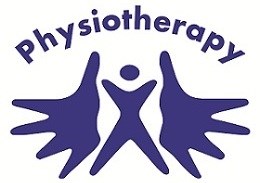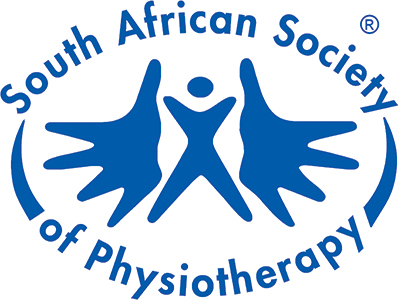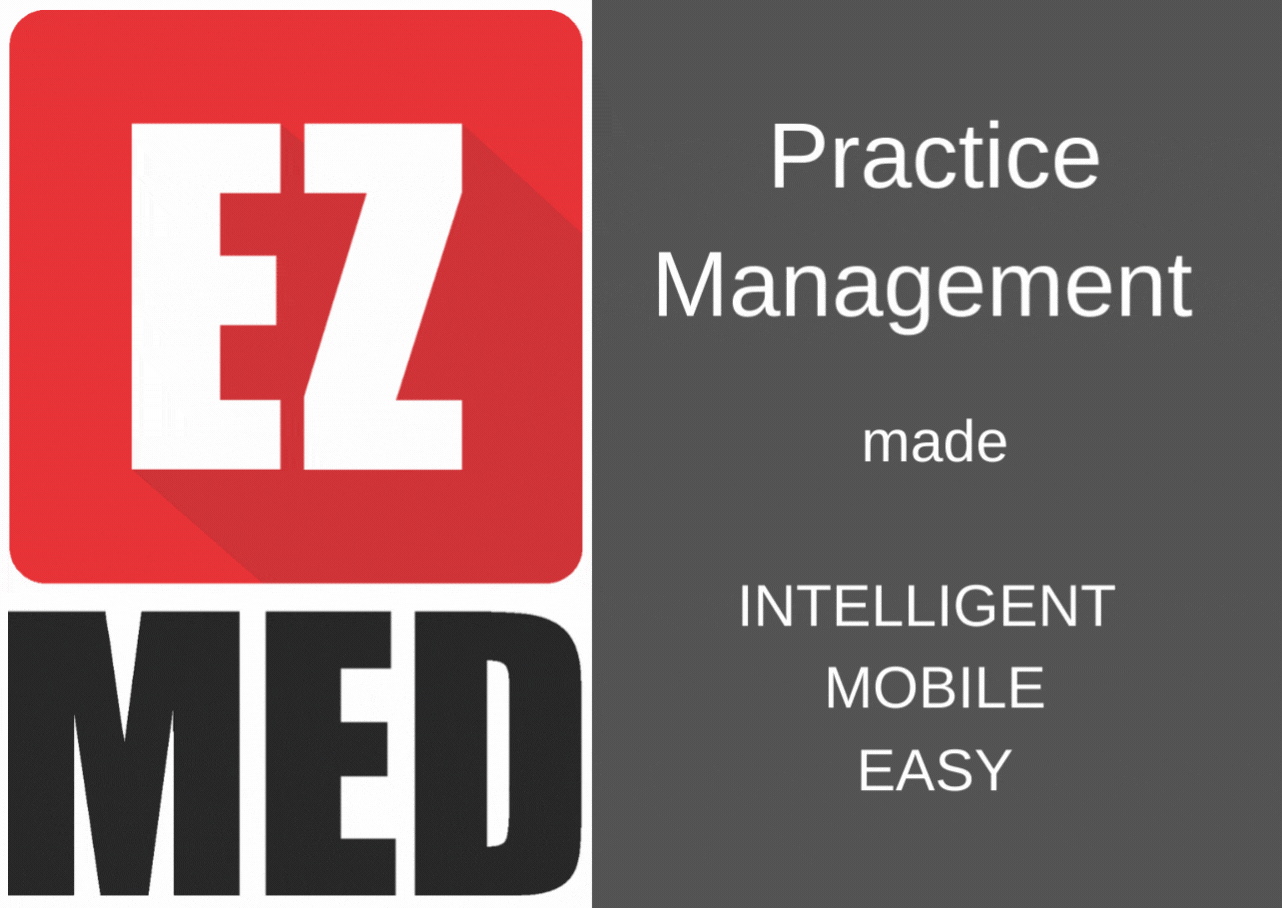
Make the most of movement
Do it to music!
“Let your body move to the music,” sang Madonna. And it’s a fact that it’s difficult to keep your body still when something with a strong, fast rhythm is playing.
We all know how important exercise is; it’s crucial to both physical and mental health. But how do you turn from a couch potato to a fit person who exercises regularly? Adding music to your workout may be the answer; it turns exercise from a chore to a pleasure.
A couple of ways in which music may boost your performance are:
• A reduction in the sensation of fatigue
Music can actually help you achieve more physically, researchers found when they put people through their paces using either slow or fast classical music: “Switching to FM [fast music] during progressive exercise results in the accomplishment of more work without proportional changes in HR [heart rate].”
• An improvement of motor coordination
“Music therapy techniques have been used to develop and maintain joint and muscle function or to increase fine and gross motor coordination and control, increase muscle strength, and range of motion, improve cardiopulmonary and respiratory functioning and oral-motor skills.”
Dr Costas Karageorghis, author of Applying Music in Exercise and Sport, suggests that the best playlist should:
• Match the music to the activity – don’t try and run to a Viennese waltz, for example, or listen to syncopated jazz with an off-beat rhythm. Fast music with a steady percussion line and bass is great. Choose music with a faster beat for very intense exercise.
• Opt for positive lyrics – “I like to move it, move it,” or “Get on your feet, stand up and take some action” – to boost motivation.
• Pick music with a beat a bit faster than you’d like it to push yourself to go a bit faster.
“Music helps you get going, even when you have limited ability to move, thanks to the aftermath of an operation or a disability,” says Dr Ina Diener, deputy president of the South African Society of Physiotherapy. “If you’re in pain or have physical constraints, consult a physiotherapist for help with pain, stiffness or discomfort.” Physiotherapists are highly qualified medical professionals who know the muscles, joints and nervous system thoroughly; they are first-line practitioners (you don’t need to have a referral to consult one); and they have the knowledge and skill to assess, diagnose and treat a vast range of problems or conditions.
So whether it’s recurring headaches that keep you from moving, an arthritic knee, a stiff and aching shoulder, a weak pelvic floor after birth which makes you worry that you might not be able to last long enough away from a toilet, even if it’s your dog’s arthritic hips that stop you from healthy movement, consult a physiotherapist. They can help find solutions to anything that keeps any body from moving happily and freely!
To find a physio or for more information visit www.saphysio.co.za
Back






